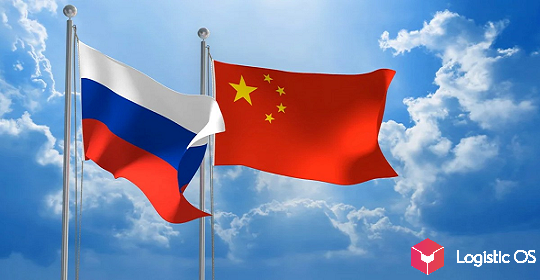According to the forecasts of many domestic experts, in the near future, wheat may significantly increase in price, and there are several reasons for this at once.
The head of the Ministry of Agriculture of the Russian Federation Dmitry Patrushev noted that price increases can be expected in the short term.
In particular, this is due to the fact that prices are currently unstable: they are strongly influenced by the geopolitical situation in the Black Sea.
Since Russia’s withdrawal from the grain deal, which in itself had a significant impact on prices, attacks on civilian ships have become more frequent, which may complicate, among other things, the transportation of grain cargo.
In addition, at present, wheat prices are already at their lows.
For example, now a ton costs about $150, says the director of the analytical department of the Russian Grain Union.
This is not enough: in 2021, prices were at the level of $240. So the price may return to add up to 40% by the end of the year, she believes.
Approximately the same opinion is shared by the general director of the Institute for Agricultural Market Studies Dmitry Rylko.
In his opinion, the rise in prices may begin very soon, and it may be significant. However, a return to the peak values of 2022 is hardly worth waiting for, since the market has already adapted to the new conditions.
By the way, a decrease in crop volumes in the Russian Federation this season compared to the previous one could help a little with the rise in prices.
According to the IKAR forecast, up to 137 million tons of grain can be harvested this year, which is less than a year earlier (over 150 million tons were harvested then).
Grain export from Russia will remain at a high level
Despite the decrease in harvest volumes, it is planned that the Russian Federation will export at least 55 million tons of grain this season, and possibly even more.
There are enough buyers at the moment: although deliveries to Western countries have decreased, others have added: Africa, Indonesia, Bangladesh, Venezuela.
The restrictions that prevented exports last year, Russia has largely learned to bypass, so the expectations are quite good.
At the same time, even an increase in exports should not lead to an increase in grain prices within the country itself, Dmitry Patrushev noted.
This is due to the fact that the government has a large arsenal of tools to prevent price increases.
In particular, this includes both intervention policy and tariff regulation, including with the help of export duties.
In addition, targeted support for individual sub-sectors of the agro-industrial complex is not ruled out, the minister noted.

